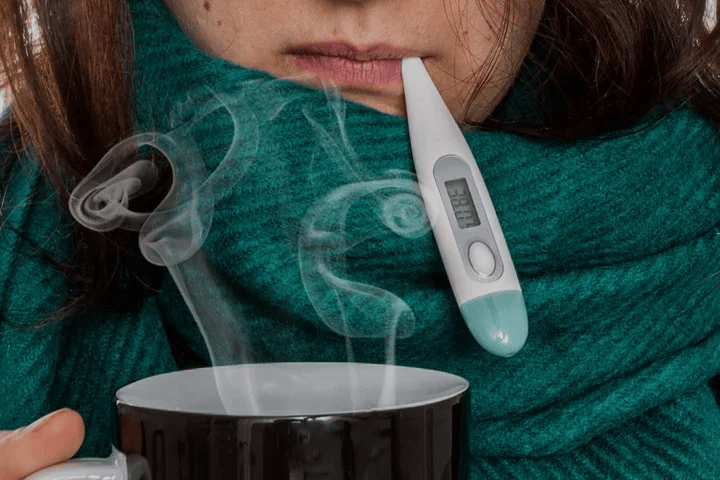
Not sure about you, but every single person I know has been sick this winter.
I'm hearing the same sentiment everywhere, from the office kitchen to the foyer at daycare pickup.
It's worse this year, right? It really feels like it's worse this year.
It seems like every day, there's an all-staff email and/or childcare notification flagging yet another poor soul who's gone down with that chest infection or stomach flu doing the rounds.
Absences are so rampant at daycare that when I say "see you tomorrow!", other parents laugh and shrug in response. Let's hope so.
If you, too, feel like more people have been getting, and staying, sick in 2025, you're not alone.
Doctors have noticed it too.
Watch: Are you feeling burnt out? Post continues after video.
It's hard to assess "illness" as a whole, but let's take the flu - everyone's favourite winter pal - as an example.
This year alone, there have been more than 230,000 cases of lab-confirmed influenza in Australia.
That's compared to a total of 233,000 cases in 2022, and 289,000 in 2023. And GPs predict the actual number of affected Australians is much, much higher.




























































































